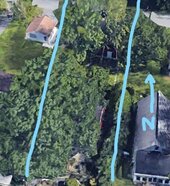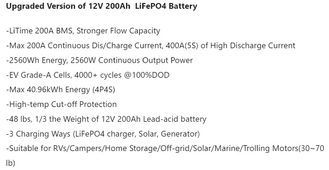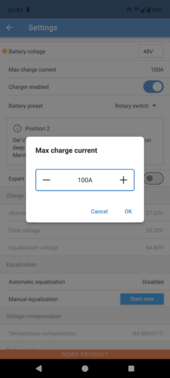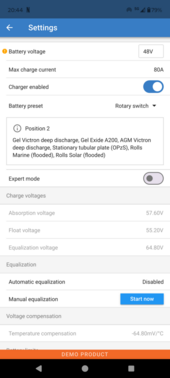efficientPV
Solar Addict
- Joined
- Sep 24, 2019
- Messages
- 1,458
I used to have three different voltage strings. On cloudy days, one would take over and the other two would add nothing. I have a dozen charge controllers for testing other electronics with. I get defective solar electronics like women buy shoes. They all did the same thing. Mine is a unique small system and not like anyone else's here. It is an ultra efficient system and it shows a lot of strange things controllers can do as a result of much smaller than normal battery. As I said, a heavily used large system remains mainly in bulk. The OP's idea of using five charge controllers would not wok as well as just one. My ending solution was to just eliminate a dozen panels from my system. And look at this site, see any panels. I could have a more normal system. Manufacturers send me totally free charge controllers, inverters, batteries, breakers, wire, etc. Being ultra efficient is my challenge.







